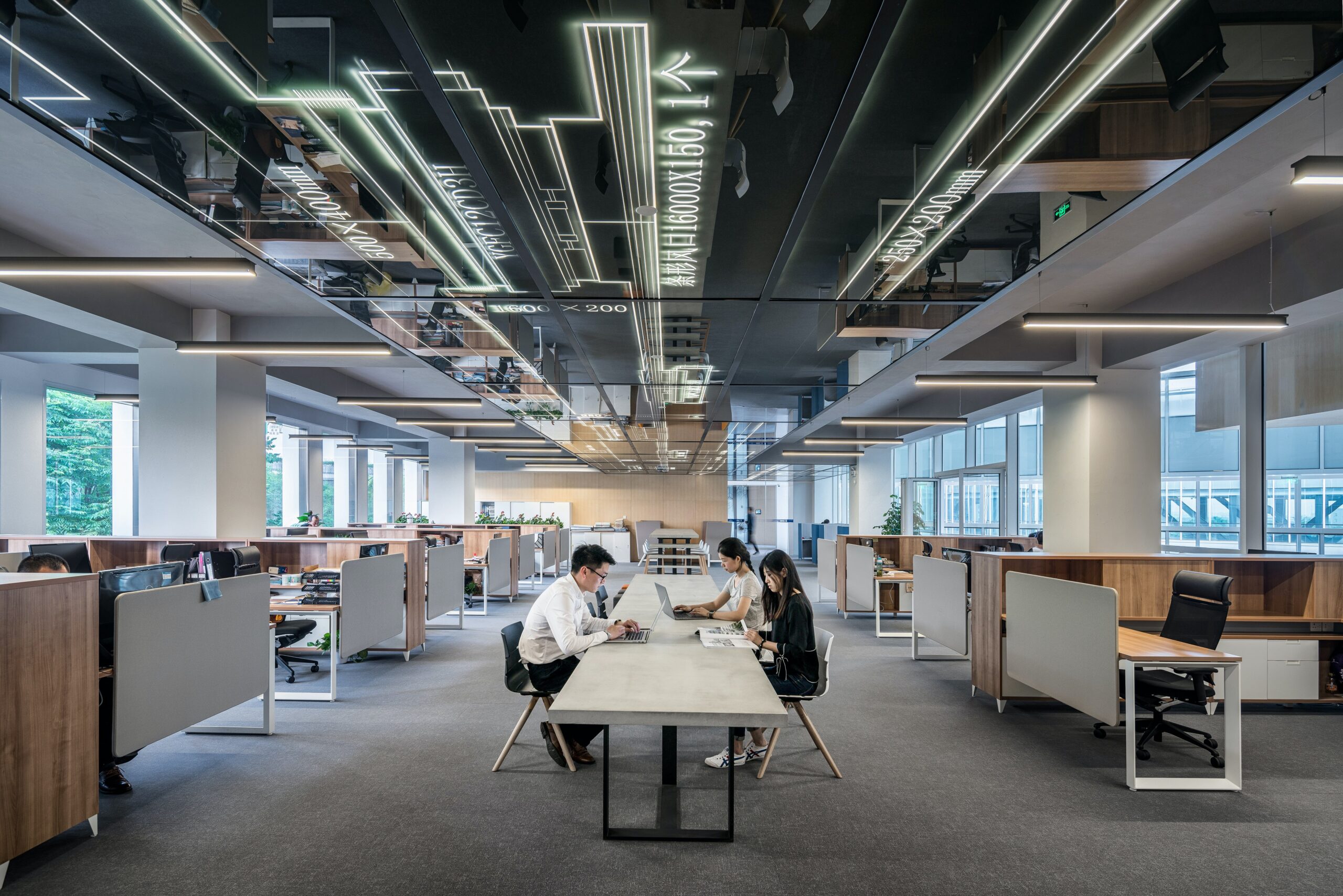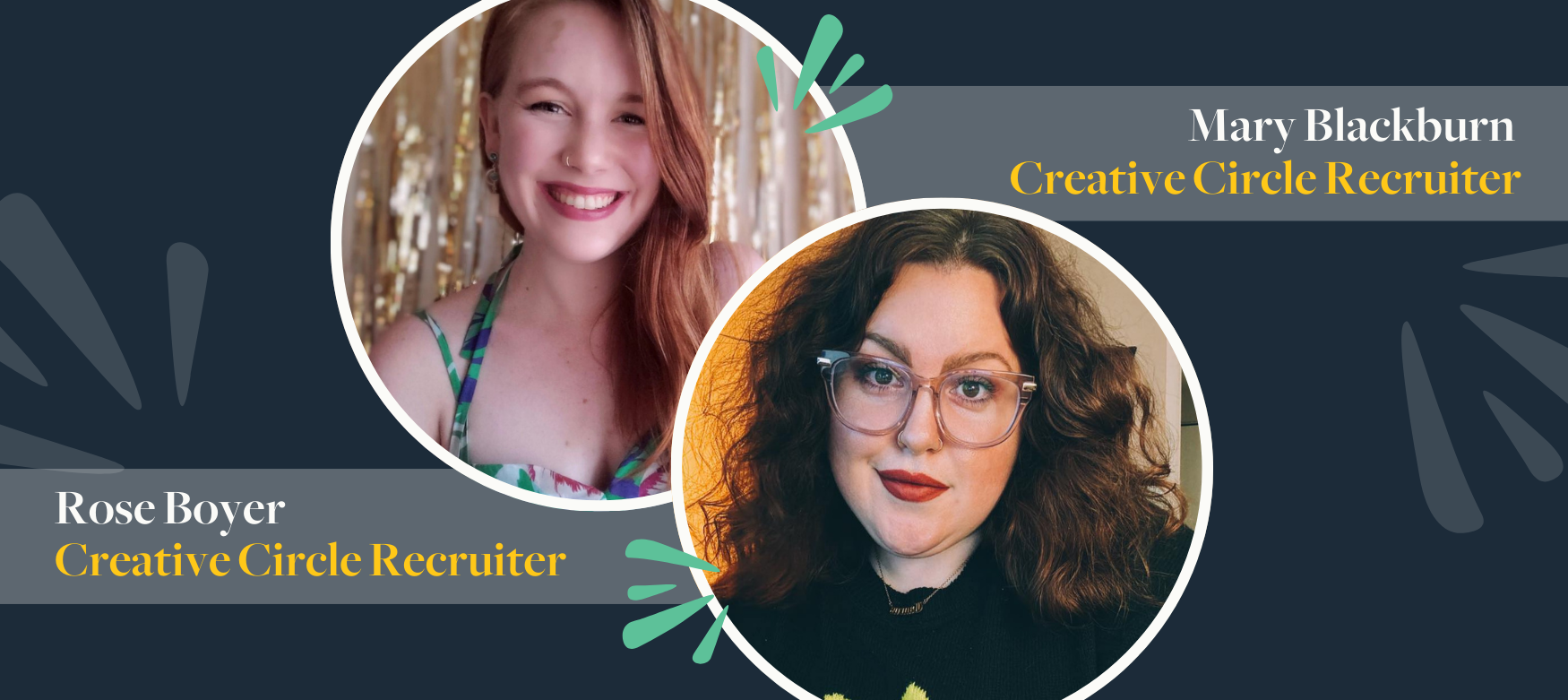You’ve spent your time and energy trying to break into a big-name agency, doing editorial work, and appreciating the “seed-planting phase.” Have you ever considered that you might find happiness and job satisfaction working at an in-house agency?
To clarify what I mean by in-house agency, many mid-sized to large companies have departments that handle advertising and marketing needs that aren’t done by an advertising agency. For example, a company like Kaiser has an agency for their broadcast work supporting the famous Thrive campaign, but depend on their in-house team for smaller or regional campaigns. Sometimes in-house agencies do the same high-profile work as an external agency – for example, that infamous Kendall Jenner ad was produced by Pepsi’s in-house team.
I’ve spent half my career at in-house shops, and the other half working at agencies, so I’ve seen it from both sides. To help you decide if you want to switch from agency work, these are (arguably) the best and worst parts of working in-house.
The 5 Best Things About Working In-House
1. Work-life balance
During my in-house tenure, I’ve never worked a weekend, and on the few occasions I had to work late, it was never by more than 90 minutes. (Your mileage may vary). The unfortunate truth of #agencylife is that it’s filled with long hours and late nights.
2. Stability
Again, with that #agencylife: if you’re at an agency that loses the big client, the agency execs may lay off everyone on that account. (I, personally, was laid off three times in three years for that exact reason.) While in-house agencies occasionally get swept up and out in corporate restructuring (been there, too), it’s relatively infrequent.
3. Predictability
With minimal overtime, a regular work schedule, freedom from the fear of being laid off, and almost no travel (since your client is usually just down the hallway), you’ll be free to make long-term plans – that could either be for a vacation next month or taking night classes at a university next year.
4. Opportunity to try new things
Many in-house creative teams are kept lean and mean, so you’ll work on many different projects. In-house teams usually don’t have the same hierarchy and structure of an agency, so the team may work on UX, outdoor, branding, event marketing, and other things that are usually highly segmented at agencies.
5. Get close to the brand
One of the most exciting things about working at a company is your ability to shape its brand, even beyond just suggesting a color palette and font family. You’re closer to the people who champion the brand voice; even if your company uses an outside agency for branding, you’ll help articulate and hone your brand’s values.
The 5 Worst Things About Working In-House
1. Lack of variety
If you crave variety, you may not find it in a corporate environment. Working on just one brand means you’ll probably work on the same things, over and over – and if you’re a designer, that means sticking to one color palette, one set of fonts and one asset library.
2. Sh!t jobs
The one exception to the lack of variety rule is the type of lackluster requests you’ll get because the company doesn’t want to have to pay for an advertising agency. These include, but are not limited to: designing a flier to notify employees that the parking lot will be closed for a week, writing a 10-second spot to be read over the PA system at a tradeshow, or being asked to rewrite the words to Katy Perry’s Firework to make them specific to selling insurance. (Fun fact: That last one was me; the song was going to be played at the introduction of a national sales meeting.)
3. Lack of respect
If your company has the budget, glamorous jobs will go to an agency, and you might get lucky if you can do production. In some places, it’ll be no secret that they’re only using your services because you’re cheap, close and convenient. But this is not something you need to accept if it’s crossing a line.
4. Less mobility
You may find yourself with fewer job opportunities within the company, unless you’re OK with branching out of the creative department. Even if you’re creating award-winning work and your team uses a traditional agency process, it’ll be tougher to find work at an agency. Just look at how many job listings stipulate “X years of agency experience REQUIRED.”
5. The corporate-ness of it all
Depending on where you work, you may find yourself in a sea of button-ups, slacks, and people who want to “leverage” your “core competencies” and will “circle back” later. Some companies appreciate that creative employees are different and give them more flexibility with their hours, workspace, and wardrobe. Still, the rest of your colleagues may be corporate citizens.
Still not sure? You can always go freelance.
The alternative to deciding on one or another is freelancing, and getting a taste for both. You could also learn you want to build your own environment and make your own rules, and start a business of your own.
Either way, take time to decide what is really going to work for you. Searching for a job can lead to frustration and desperation, but knowing what you will say no to can help you design a life you can be proud of.
Lisa is a Creative Circle candidate and seasoned advertising copywriter who lives in Los Angeles. Her background includes both in-house and agency work on Fortune 500 and global accounts in the consumer and healthcare/pharmaceutical fields. She excels at words, fashion, and cats. If you want to work with Lisa, contact Creative Circle Los Angeles.




I spent a career as an ad agency copywriter before shifting to content writer for a company’s in-house marketing department. Nice post but I think you missed a few. On the best things about in-house, no timesheets! I never have to track my billable or non-billable time. I second your besties, though. Another one I think is important to point out is gaining industry experience. Let’s say you work for an in-house marketing department within a business sector. You’re much more marketable for switching to another company from one in in the same industry. Now for the worst things: I’d say lack of creativity. You said corporate-ness. That’s part of it maybe but for my world, it’s being creative when most in marketing department are about analytics, metrics, coordination. I’m the odd duck. Or, they just don’t see me that way as they did in ad agencies. All in all, this post is a nice topic and contributes to the discussion that needs to happen.